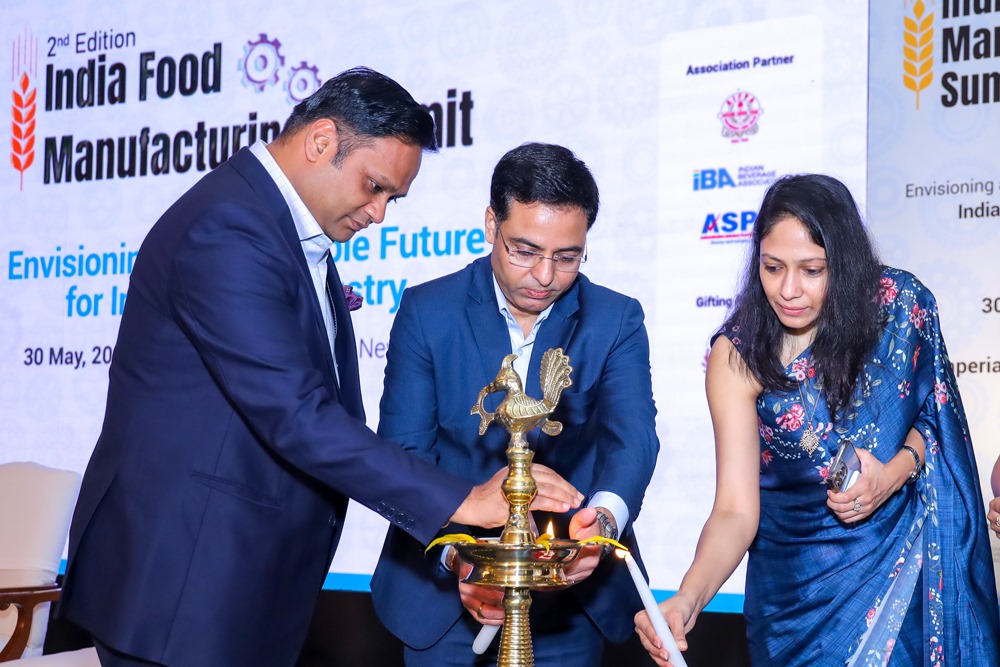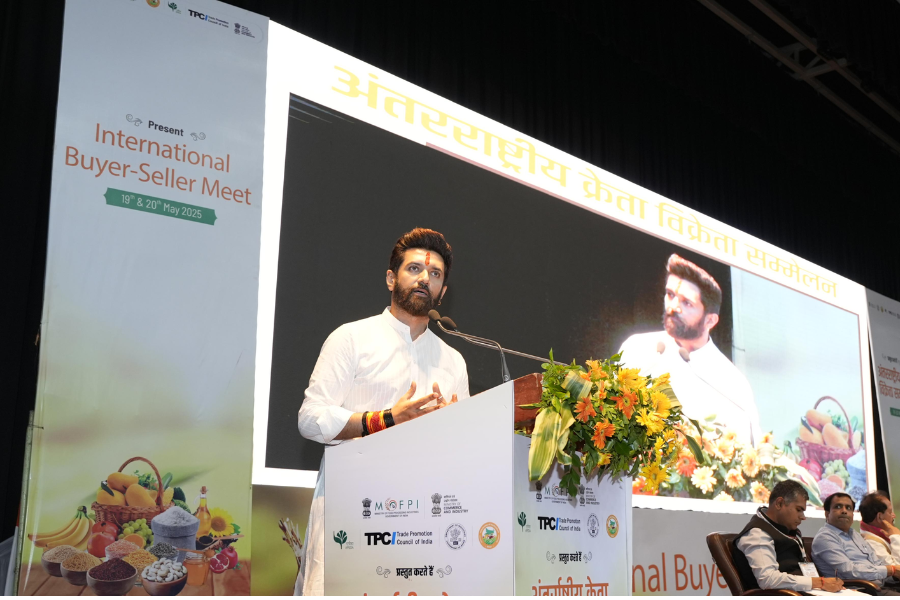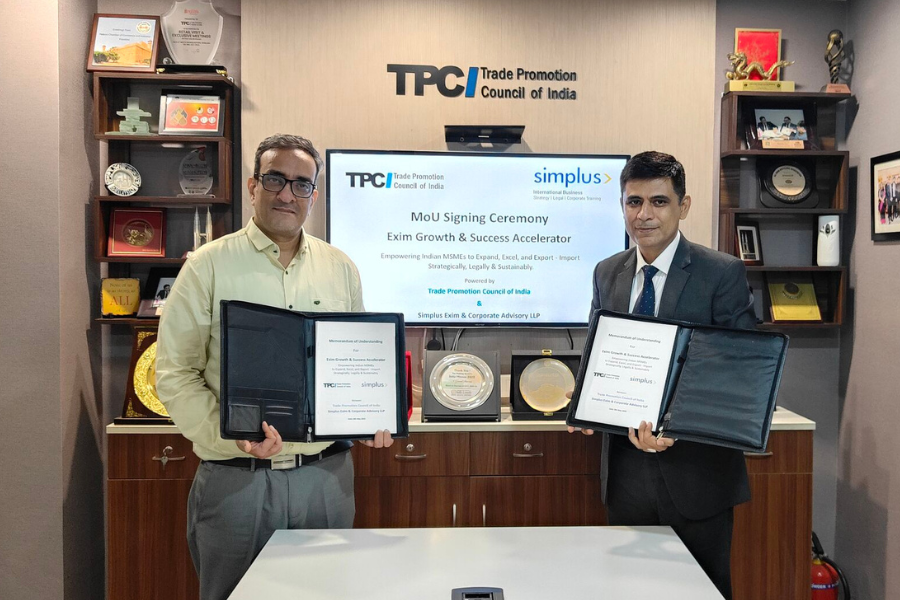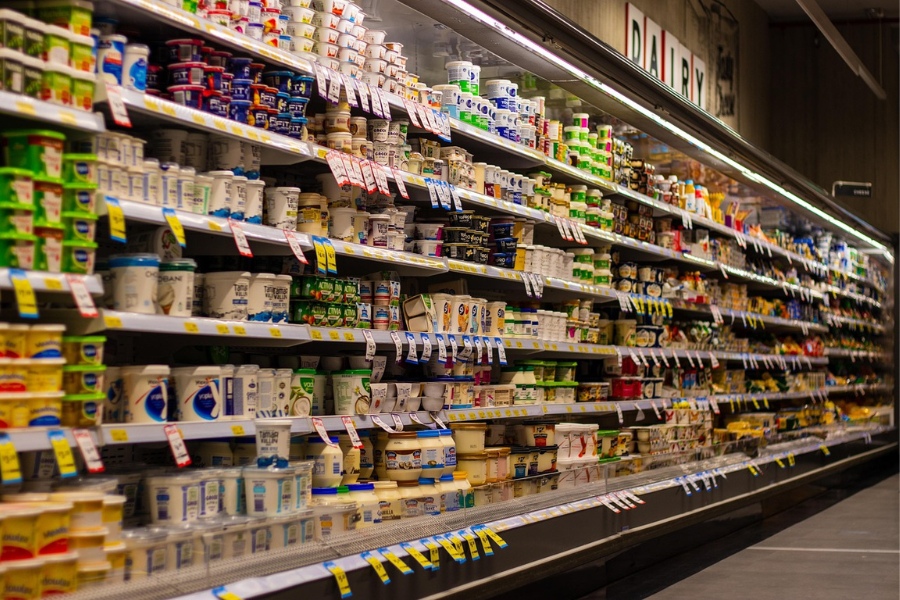Hemp products getting ‘high’ on market growth
Hemp-based products in India are creating a buzz in every industry currently. The “medicinal plant” is being used in textiles, cosmetics and even construction materials.
Hemp has proven to be a suitable alternative to medicines around the world. The Ministry of AYUSH has recognised hemp and cannabis as Ayurvedic proprietary medicines. And yet, the myths and misconceptions around the source continue to dampen its business prospects in India. IBT spoke with industry leaders on the growing market of hemp-based products and the need for further clarity on policies.

Photo Source: Pexels
New Delhi, May 29: Hemp has found a new meaning in India in the form of healthcare, construction materials, cosmetics, textile fabrics and so on. From being perceived as a recreational drug, the herbal plant is finding its purpose in the form of daily life essentials.
The Indian market is gradually building education and awareness around the use of hemp-based products in textiles, foods, cosmetics, paper & medicine. According to some estimates, India is one of the world’s largest untapped medical cannabis markets today. But with massive popularity, come immense misconceptions as well!
What is hemp?
Hemp is the same species of plant as cannabis. In India, hemp is known as Bhaang. Though there are conceptions around the herb of being used as a recreational substance, little do people know that it has abundant medicinal benefits without the psychoactive effects.
Hemp protein is derived from the cannabis plant and is a great plant-based protein source. Both hemp and marijuana have tetrahydrocannabinol (or THC, the psychoactive component which provides the sense of euphoria or intoxication) and CBD (cannabidiol) with many other compounds. CBD is an oil extracted from the leaves, stems, and flowers that act as a pain killer, muscle relaxant, and mood enhancer. In India, regulated industrial hemp plants contain primarily CBD. Its extracts usually contain less than 0.3% THC, which does not get one “high”.
Medicinal Misunderstanding?
Delzaad Deolaliwala, Co-founder & Chief Legal Officer, Bombay Hemp Company (BoHeCo), spoke with India Business and Trade on the inhibitions surrounding hemp-based products in India. Although it is perceived that hemp-based food products or hemp leaf-based medicines can be addictive, Delzaad claims that the science behind it is completely different. He counters that hemp food products are in fact a superfood containing negligible amounts of cannabibnoids, whereas hemp leaf-based medicines containing cannabinoids are generally prescribed by registered medical practitioners for limited periods of time.
“Hemp is not illegal in India, and neither are they considered narcotic. The NDPS Act’s definition of cannabis as a narcotic clearly excludes the leaves, seeds & stalk of the plant. These parts of the plant are then regulated under other relevant acts such as Drugs & Cosmetics Act, FSSAI Act & Rules etc,” Delzaad told IBT.
He also expressed delight on the growing market of hemp-based products in India which has brought down the commodity prices.
Flying high on popularity!
According to the young entrepreneur of BoHeCo, the estimated market size of hemp products in India is between US$ 80-100 million (Rs 640-820 Cr), with only around US$ 10 million (Rs 82 crore) of market value realized so far.
Hempkart co-founder, Nishant Choudhry, speaking exclusively to IBT, clarified that though the market of hemp-based products is fairly restricted, the measures taken by the government are nudging the industry in the right direction.
“Regulation is one thing that we need to work on. We have to do research in the market and come up to the government with a proper plan. Eventually they will be in the process of legalizing it,” Nishant explained.
On the growing popularity of hemp-based items, the ecommerce retail platform specifically catering to such products says that it is on-boarding one new company a month. Nishant explained that India is witnessing a boom not only on the supply side but on the business opportunities as well.
“Based on our observation, we could say every three months, a new company has been opening since 2021-22. And this year, we’ve been seeing 3-4 start-ups entering the industry on a per month basis. They are going to grow in the coming months quite significantly,” he said.
Though the market seems to pose numerous opportunities to young enterpreneurs, Nishant says the emerging brands on hemp-based products are not really in competitiion with each other.
“The Indian population is characterized by its significant magnitude, whereas the current market size is relatively constrained. The more the brands open, the more reach it will have. There is a new brand coming up in Jaipur. It will play its part in promoting business in the local region and of course in India through social media. Meanwhile there are new brands launching in Maharashtra and Bengal as well. Most of the entrepreneurs in this industry welcome competition, because every brand is spreading awareness in its own capacity. Overall, it helps the industry. There has been a notable increase in public awareness regarding hemp, and we are presently at a juncture where this awareness is prominent,” he added.
Entrepreneurs say that there is lack of standardized raw material due to the nascence of large scale commercial cultivation, since most raw material is sourced from wild growing hemp. Delzaad from BoHeCo says there is requirement of sophisticated manufacturing and extraction machinery to enhance product quality.
“Additionally, there is requirement of testing standards, guidelines and certification of hemp-based food, medicine, cosmetics and textile products. Fast growth of Indian hemp textiles industry and increasing adoption by large scale conglomerates like Arvind, Jayshree etc. will see the rise of hemp-based textiles & fashion,” Delzaan said. With FSSAI having passed hemp-based seed, seed oils as food ingredient, it will unlock massive CPG opportunity for Hemp integration into nutritional products, confectionaries, beverages etc on a larger scale.











Leave a comment